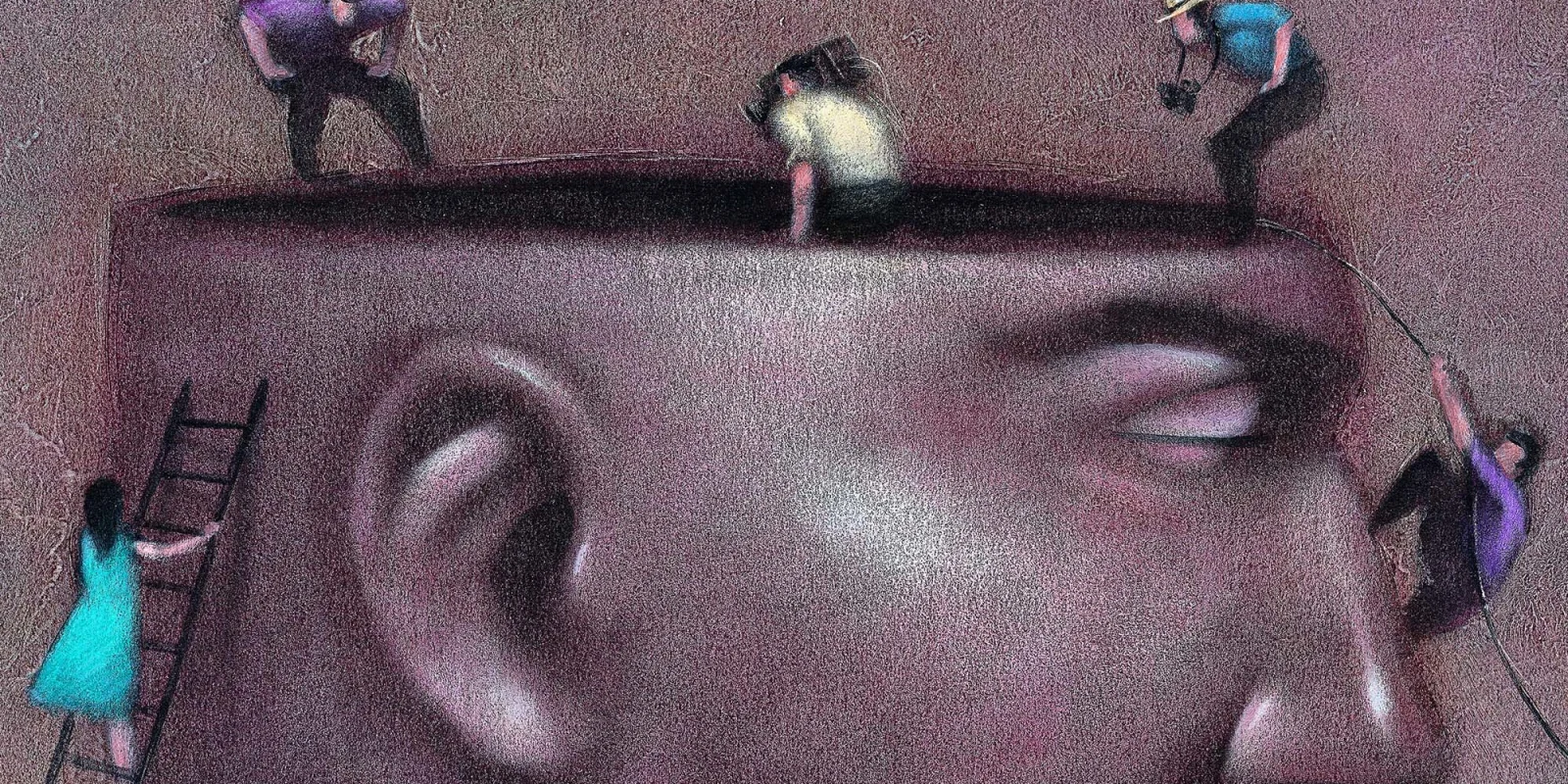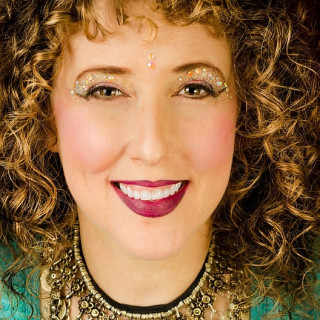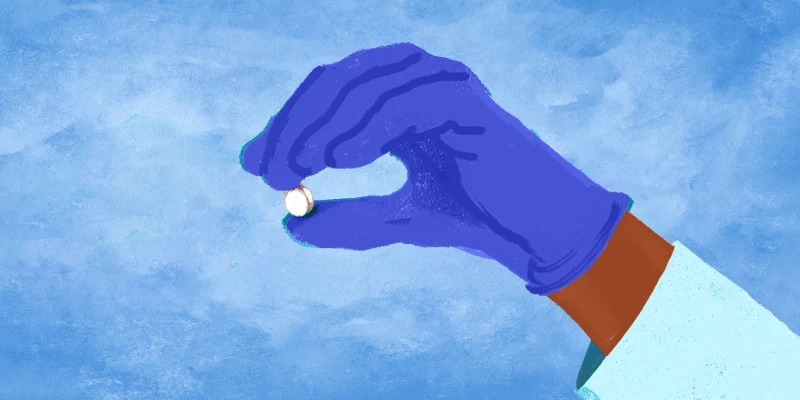
Untreated mental illness plus guns lead to predictable catastrophes.
Americans have experienced 311 mass shootings in 317 days. Shootings now take place in churches, synagogues, yoga studios, and some of the "safest" cities in the U.S.
We are all at risk.
Most recently a veteran with presumed PTSD shot up Borderline Bar & Grill in California. His Facebook declaration: "I hope people call me insane… wouldn't that just be a big ball of irony? Yeah.. I'm insane, but the only thing you people do after these shootings is 'hopes and prayers'.. or 'keep you in my thoughts'… every time… and wonder why these keep happening…"
Shall we do what the shooter seems to be asking for — help those with insanity — or just hope and pray? Or fall into our usual anti/pro-gun divide?
Let's analyze the irony identified by the gunman before the devastating slaughter of 13 Americans. Let's dive into uncharted territory — the mind of a straight shooter before a calamity. His prophetic post may reveal the answer we've been seeking.
So far we're responding exactly as he predicted. Vilifying the shooter as insane. Offering victims hopes and prayers.
Is this the best we can do?
They say insanity is doing the same thing over and over again and expecting a different result.
So why go round and round the same post-carnage questions? Where did he get the gun? Did he acquire it legally? What was his motive? Rather than interrogate the shooter postmortem, let's do a psychological autopsy on the living—analyze our response for clues as to why the killings continue.
I've got a unique vantage point on mental health care in America. I was once a suicidal physician. Now I run a physician suicide hotline. I've spoken to thousands of suicidal physicians and compiled a registry of more than 1100 doctor suicide cases (some homicide-suicides). Doctors have the highest suicide rate of any profession. Even higher than veterans.
If doctors can't get proper mental health care, will patients fare any better? Unlikely. Here's why.
America has 393,300,000 guns and only 28,000 psychiatrists (that's 14,046 civilian-owned guns per psychiatrist—up from 7447 guns per U.S. psychiatrist in 2012). That means we've doubled the number of guns per psychiatrist in just 6 years.
Increasing firearms while decreasing mental health access is not a winning strategy.
Why do we have so many guns and so few psychiatrists?
We have a constitutional right to bear arms. We have no constitutional right to health care.
America is a world leader in mental illness. Most Americans will develop at least one mental illness in their lifetime. More than half begin during childhood. Yet more than half of our psychiatrists are on the verge of retirement.
Meanwhile America remains the most heavily armed nation in the world with 120 guns per 100 U.S, citizens—that's more than one gun per person. Nearly half of all Americans have at least one gun at home.
The human brain controls the gun.
People will always find a way to end their pain. A civilized society offers civilized solutions. A violent society offers violent solutions.
In America it's easier to find a gun than a psychiatrist. Ammunition costs less than medication. No prescription necessary.
So who's insane? The shooter? Or us?
I'm not inherently against guns. I'm against untreated mental illness. And I'm against untreated mental illness plus guns, pipe bombs, machetes or anything else that can damage life on Earth.
Pamela Wible, M.D., reports on human rights violations in medicine. Dr. Wible attends therapy weekly to maintain her sanity and wishes all Americans enjoyed the same luxury.




